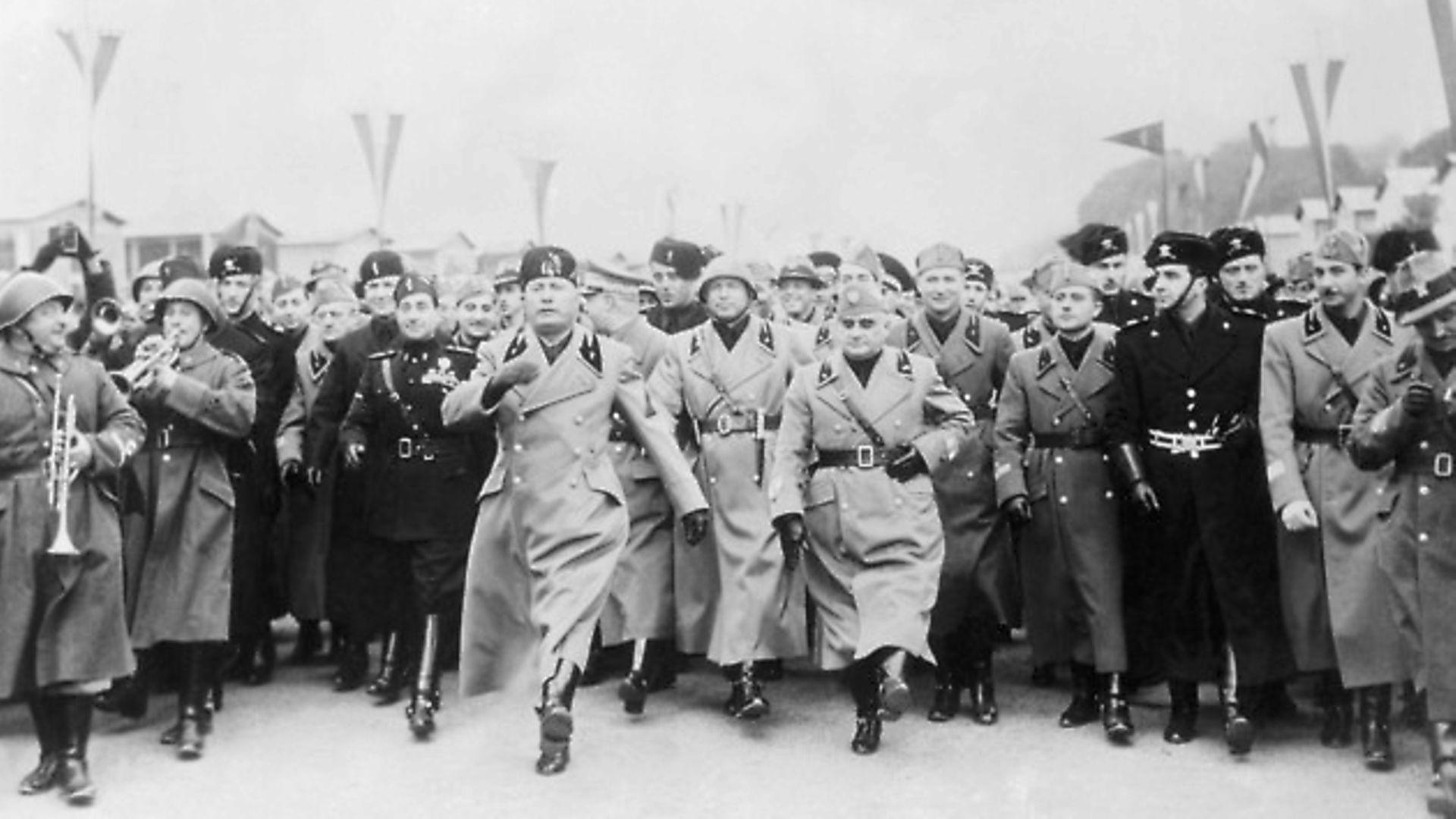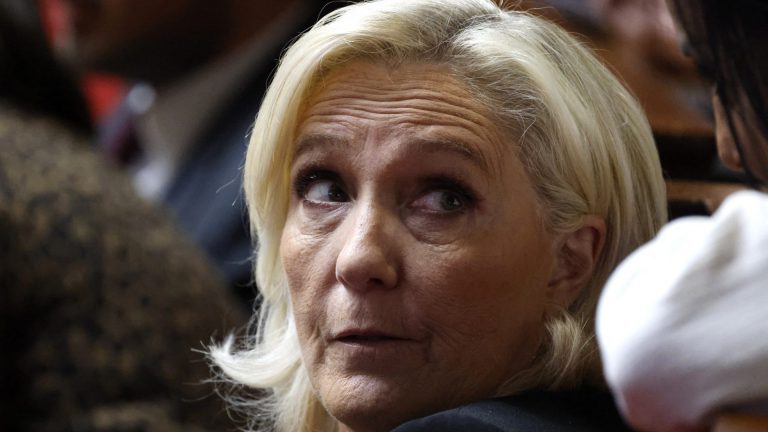
Is the populism supposedly sweeping the Western world part of a domino effect set to continue into 2017 and beyond?
Immigration and in particular integration have dominated the headlines in Italy, Austria and now in Germany.
Several commentators have rushed to identify a causal connection between public sentiment over migration and the outcome of recent political events including the result of the latest referendum in Italy, and Angela Merkel’s announcement that she now supports the Burqa ban.
Let’s set the record straight. With the exception of security and foreign policy, for example in embattled states such as Israel, it is exceptionally rare, especially in multi-party democracies, for a single issue to determine the outcome of elections and even referenda which increasingly measure voters’ preferences at a particular point in time.
That does not mean this issue is not influential. It certainly is. But so too are other issues.
One reason why migration has been seized upon as an explanatory variable is because, by definition, it illustrates the effects of globalisation and the relative weakness of states in the face of external pressures.
Migration opens up questions over the nature and meaning of borders, control and belonging. In this instance, membership of the European Union exposes increasing interdependencies between states and defies long accepted constructs such as state control and exclusive notions of citizenship.
Yet, we do not need to watch migrants climbing over fences to have a problem with the idea of sovereignty that so dominates the political discourse. The fact that states are constantly introducing new laws over asylum and immigration implies that the exercise of sovereignty is neither constant nor simple, as so often presented by those who oppose immigration, European integration, and international cooperation.
The fact that some states willingly chose to give up their currencies to join the Euro, while others now wish to revisit that decision suggests that the very meaning of sovereignty is itself subject to change.
Over the past seventeen years countries like Italy have not been any less of a state because they introduced the Euro. True they have had to navigate around many political conditions imposed by European institutions, but arguably all developed states are tied into a system of negotiated interaction with other states further to global agreements reached over the past 20 years.
We need to think harder.
Within the pluralistic state, where parties and interests compete to secure and allocate resources, there are many factors for consideration other than migration. What is more, the states themselves are different, as is the nature of intra-state competition. The ways in which states are organised helps to explain why events unfold as they do yet all too often that is forgotten by the talking heads.
While the accepted narrative of 2016 – that ‘taking back control’ and repudiating ‘the political establishment’ – presents a domino effect, this argument is deeply problematic. It ignores the force of history and the fact that political systems tend to protect and reproduce certain traditions.
One need only recall how political commentators rushed to welcome the Arab Spring and prematurely celebrated its democratic significance only to find that in virtually every one of those states, rights and freedoms have been crushed. After the Reformation came the Counter Reformation.
The events this week in Italy where Prime Minister Matteo Renzi lost in a referendum and in Austria where the Freedom Party candidate Norbert Hofer also lost should deal a blow to this superficial thinking. These results are at odds with the arguments that we regularly hear from Nigel Farage and Brexiteers blowing their own horn. Rather, here we witnessed two markedly contrasting results, neither of which celebrated the populist and anti-establishment cause as much as we have been told.
Italy and Austria are constitutionally very different states with particular political traditions. While both have experienced a troubled history with Fascist parties, their foundations were notably distinct. Austria’s overwhelming support for Nazism, where approximately 90 per cent of the country formally supported the National Socialist part, embraced exclusion, was vehemently anti-Semitic, and supported union with Germany.
Italy’s experience with Fascism was strenuously challenged by internal forces that rejected its ambitions and prevented it from endorsing in large measure the genocidal programmes employed by its Austrian neighbour and ally. Some scholars argue that this is where the notion of culture, understood as institutionalised and shared views and beliefs, resonates most clearly.
While Austria emerged as the rump state of a longstanding empire that have covered large swathes of Europe, Italy was formed from the union of competing states and has been characterised by much political tension between regions with rich histories of self-governance. How Italy and Austria manage political competition is also a textbook case of different modes of democratic governance with Austria relying on a more structured, negotiated, model that seeks to balance out the interests of labour, the private sector, the church, and state, while Italy has been united in political contest and instability.
Both states have acted as major transit points for hundreds of thousands of migrants. The approach within Italy has favoured their informal absorption even during a time of economic crisis. Although deportation orders are issued normally the same day people arrive by ship, these are not enforced and the presence of migrants is tolerated in practice. Austria, by contrast has closed its borders and like its neighbours has constructed a border fence.
The outcome of the referenda in Italy and the presidential election in Austria cannot be reduced to public concerns over migration and the increasing costs of European Union membership – a vote against the pro-European Renzi and a near miss for the Far Right in Austria.
Instead the results highlight the importance of political tradition: in Italy both the Right and the Left were united against the Prime Minister’s programme of constitutional reorganisation; in Austria, the country has veered away from the Far Right, choosing instead a politician with green and centrist tendencies.
This analysis may unsettle those in the Brexit camp who wish to make the most of popular rejection of the political establishment in the UK and USA. Yet the results do not speak to the challenge of migration, rather they record how two countries have responded during a time of multiple political, economic and social challenges.
The fact that the UK Office for National Statistics published figures last month which show net migration over the past year having increased will no doubt be used by those seeking to press for more immigration control. They will once again blame foreigners for the state of the world. But we should see this for what it is – simplistic, exploitative and inaccurate electioneering. While those messages succeeded in the UK referendum and US presidential election, we should remember that the events in Italy and Austria provide irrefutable counter examples to the so-called domino effect.
• Brad K Blitz is a Professor of International Politics at Middlesex University and Senior Fellow at the Global Migration Centre at the Graduate Institute in Geneva









